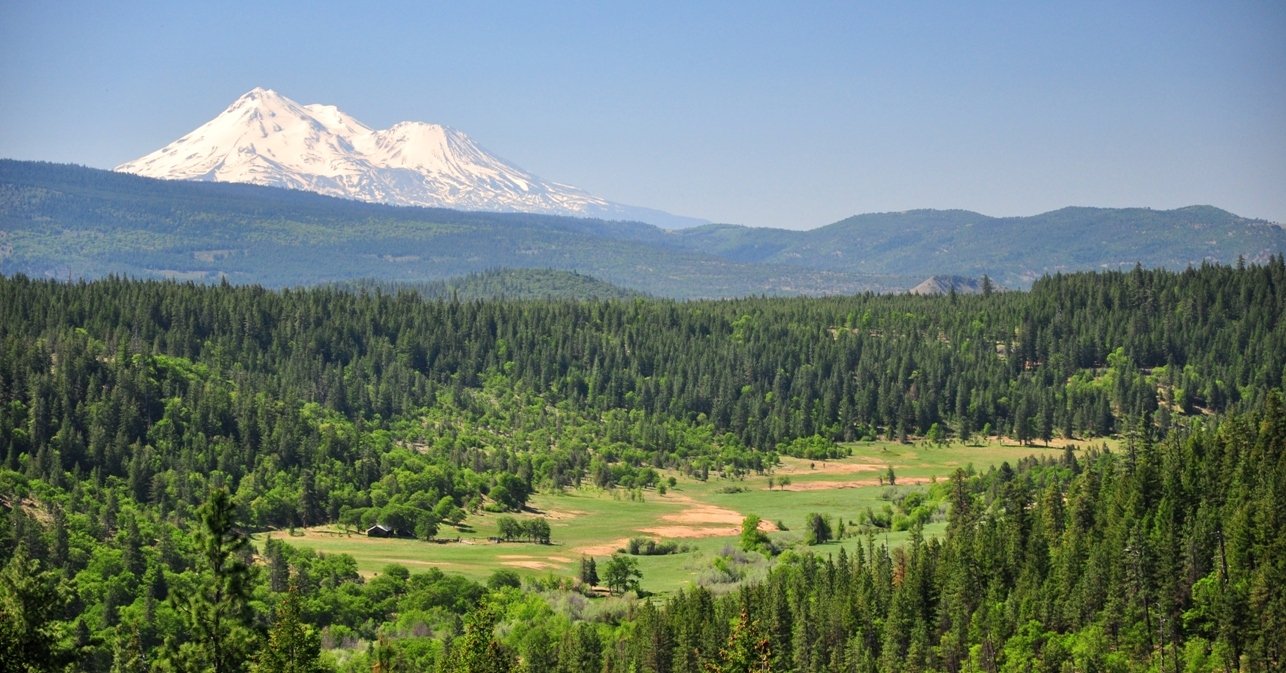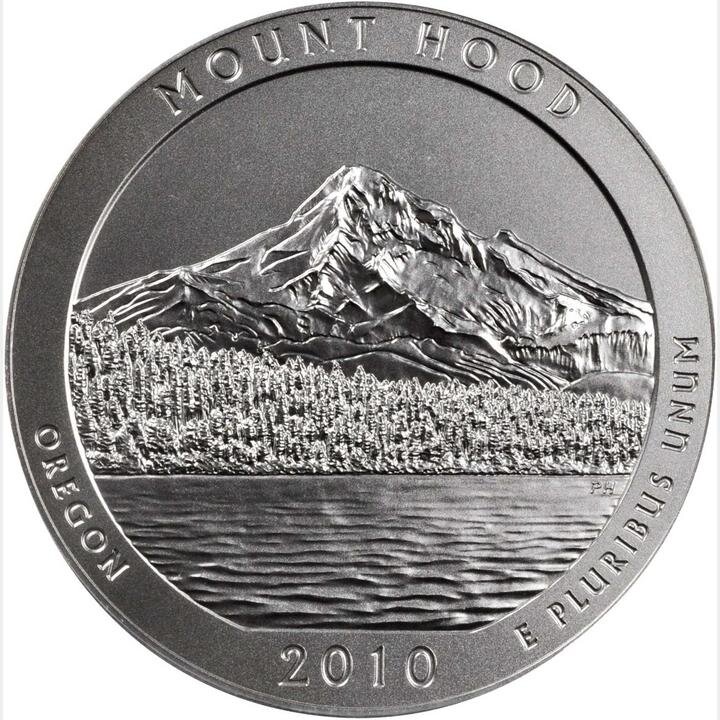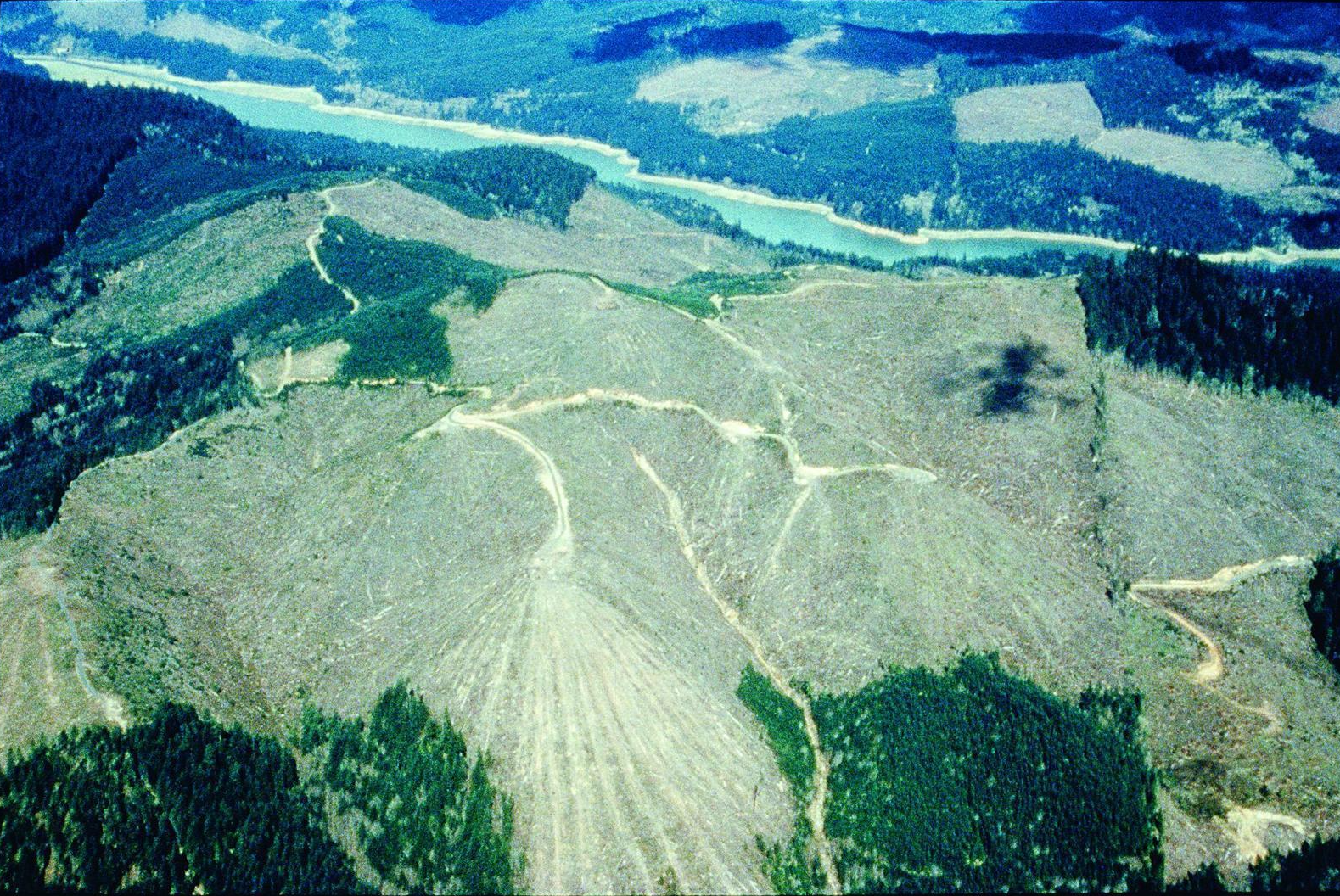Who wouldn’t want “resilient” (“able to withstand or recover quickly from difficult conditions”) forests? With the name Resilient Federal Forests Act of 2017 (H.R.2936, 115th Congress), what could possibly be wrong with this bill?
Everything. Judge neither a book by its cover nor a bill by its name.
Introduced by Representative Bruce Westerman (R-4th-AR), the bill is the timber industry’s wet dream legislation. In only his second term in Congress, Westerman has received more campaign contributions from Big Timber than any other industry.
The Westerman bill would legislate horrifically harmful public forest policy into law.
Read More



![Figure 1. Very rare in Oregon, the fisher (Martes pennanti) has been the victim of trapping and habitat loss. It needs dense, mature forests with a deciduous component. Source: Bruce Hayward (first appeared in Oregon Wild: Endangered Forest Wilderness [Timber Press 2004]).](https://images.squarespace-cdn.com/content/v1/573a143a746fb9ea3f1376e5/1623336465041-W3D0NPLFKZWHCR3VS8KI/12bFisher+copy.jpg)














